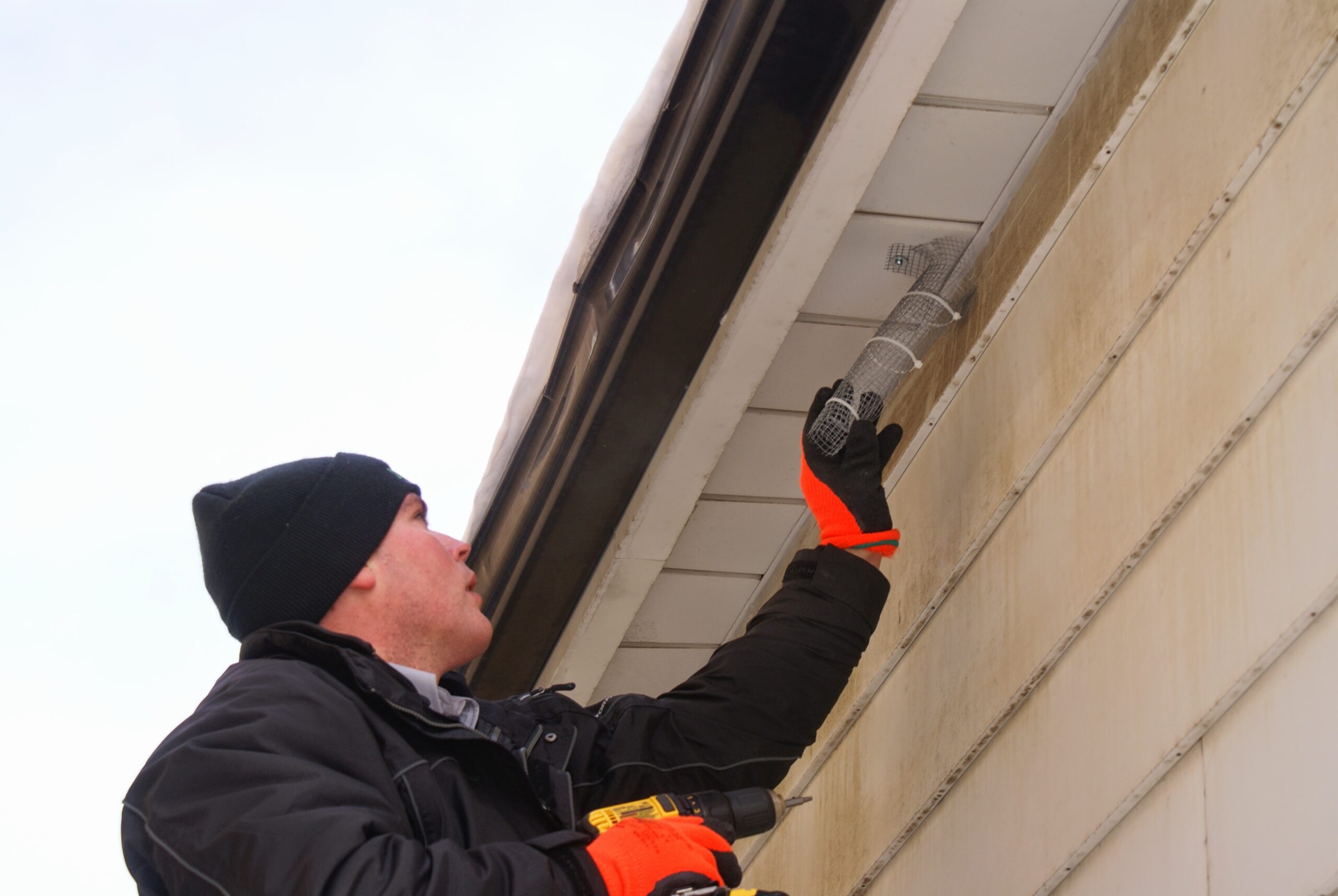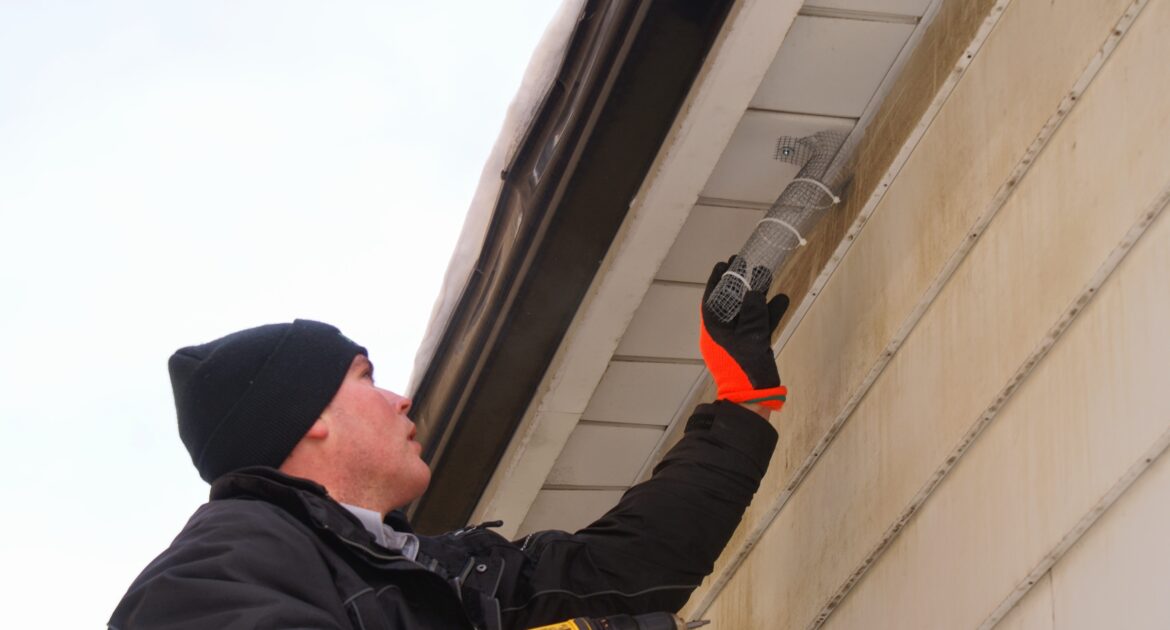Bats aren’t the bloodsuckers pop culture makes them out to be — they’re generally non-aggressive and benefit humans and the environment. However, having them in your home is a significant problem. In fact, here are four reasons to contract bat removal in Coquitlam.
1. Bats Play an Important Role in Ecosystems
Out of 1,400 bat species, only a handful drink blood. The rest feed on insects, pollen and fruit to varying degrees. As a result, they play important roles in local ecosystems:
- Keeping the insect population under control
- Pollinating plants
- Spreading seeds
Humane removal ensures bats aren’t harmed, allowing them to continue their positive environmental impact. Ecological balance is delicate, and extermination can have a ripple effect on flora, fauna and even humans. For example, without bats pollinating crops, farmers may see a lower yield or rely more heavily on rented bees.
2. Infestations Pose Health Risks
While bats are crucial to a flourishing planet, they pose health risks to humans. For one thing, they can have rabies, a virus that makes animals more aggressive. This disease spreads through bites, which is why you should never corner a bat or other wild animal — doing so can make them feel threatened, pushing them to fight for survival.
Bats may also host parasites:
- Chiggers
- Fleas
- Ticks
These tiny bugs feed on blood by biting into the skin. When they do so, they spread diseases, such as lime disease, picked up from other hosts. Even if you don’t contract a disease, you still have to deal with itching and rashes.
Finally, bat guano carries the fungus histoplasmosis. Handling guano can release spores, which enter the lungs when you inhale. If you’re exposed to histoplasmosis, you can develop an infection and the following symptoms:
- Body aches
- Fever
- Dry cough
Removal experts have the proper training and equipment to handle bats with minimal health risks. In fact, they take extra care to reduce your family’s exposure to animals, their nests and their refuse, keeping everyone healthy. As a result, you should think twice before searching “how to get rid of bats” and look for professional services instead.
3. Bats Don’t Give Up
Bats can be incredibly persistent when looking for a nesting spot, especially after mating season. A mother needs a warm, secure place with ample food after her pups are born, and human residences tick all those boxes.
To a determined bat, a house is too good to pass up. As a result, these animals will look for entry points long after you thought they’d given up. Due to their small size, bats can take advantage of entrances you may not consider:
- Chimneys
- Missing shingles
- Fascia boards
They may also fly in through open windows or doors. Even if you chase them out, they may return. Professional wildlife removal services can identify possible entry points and seal them, ensuring bats can’t reinfest, no matter how hard they try.
4. Infestations Can Damage Your Home
Once bats settle in your attic, they have no problem doing their business indoors. Unfortunately, guano is caustic, spelling trouble for your home’s internal structures:
- Corroded metals
- Compromised wiring
- Decayed wood
Accumulated guano also has a pungent odour, causing your house to smell. Since bats are social creatures, if one gets into your property, you’ll soon have more to deal with.
Fortunately, Skedaddle Humane Wildlife Control can safely remove bats from human structures. We relocate living wildlife and clear out remains, nests and refuse. Our team also takes preventative measures to ensure the problem is solved once and for all. For more information, give us a call or submit an online request.




